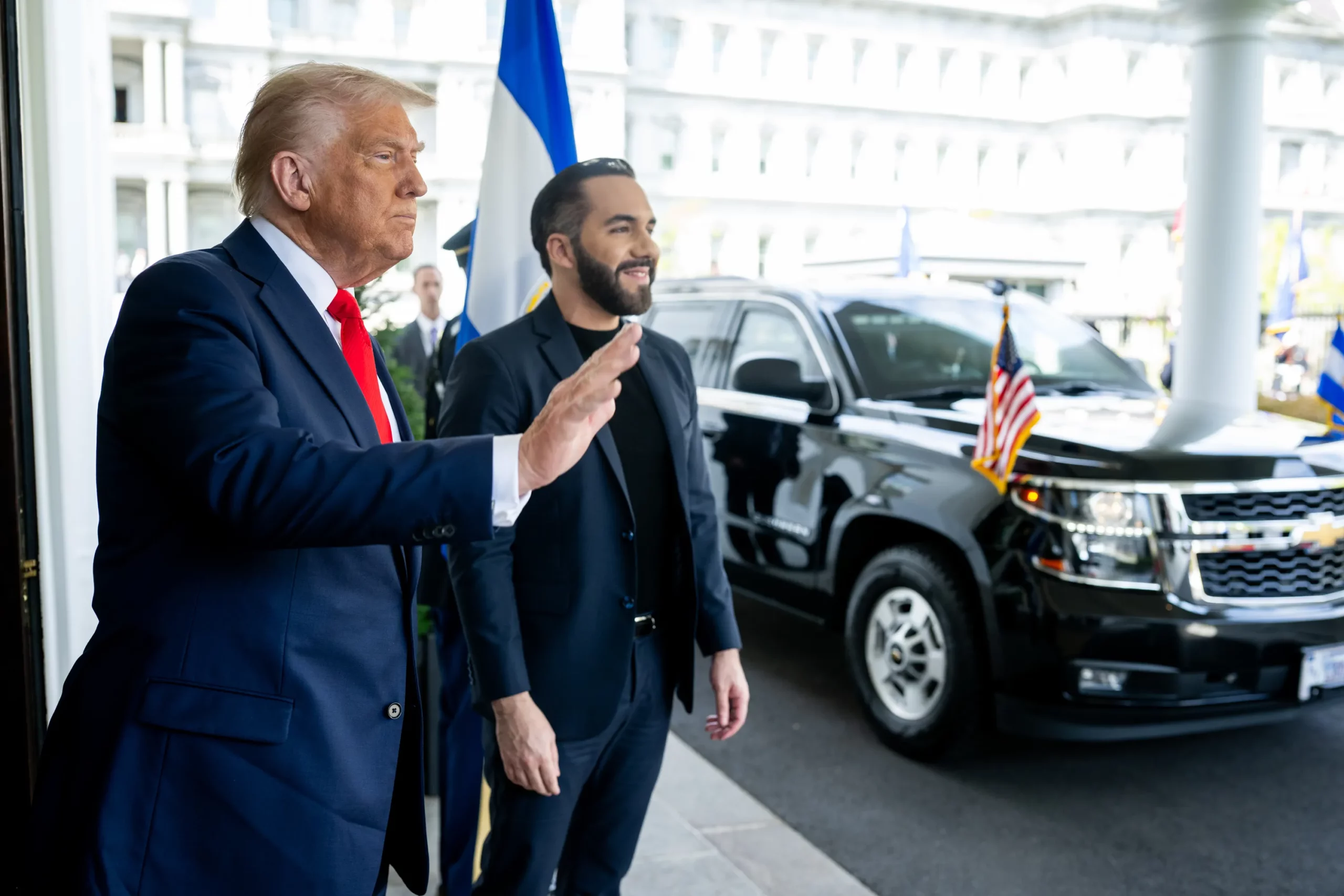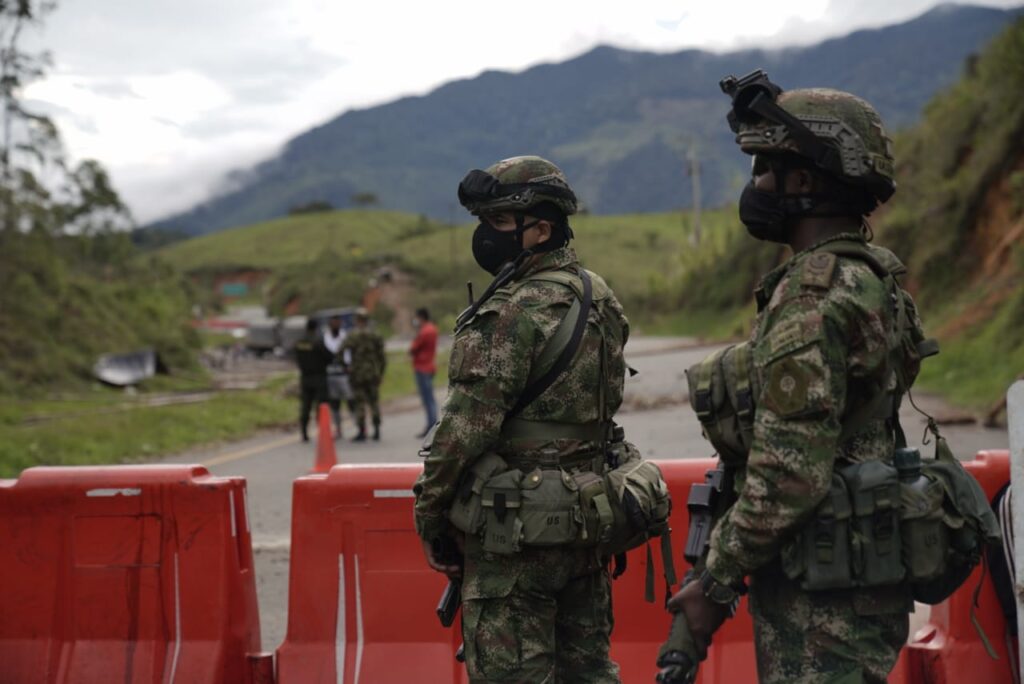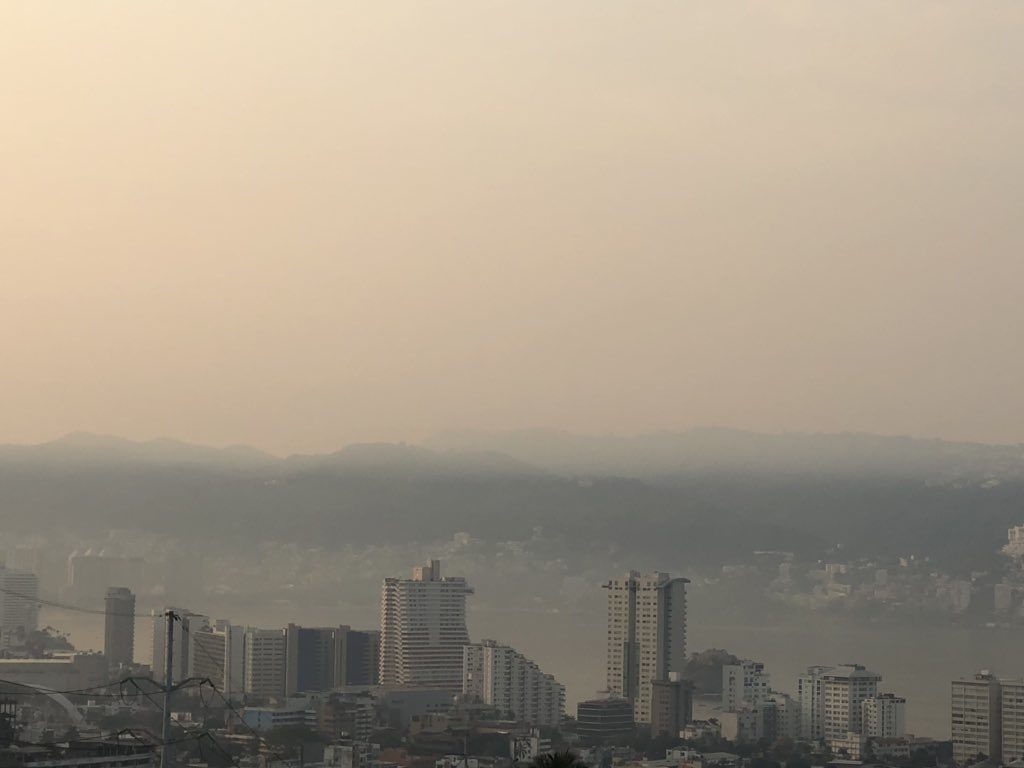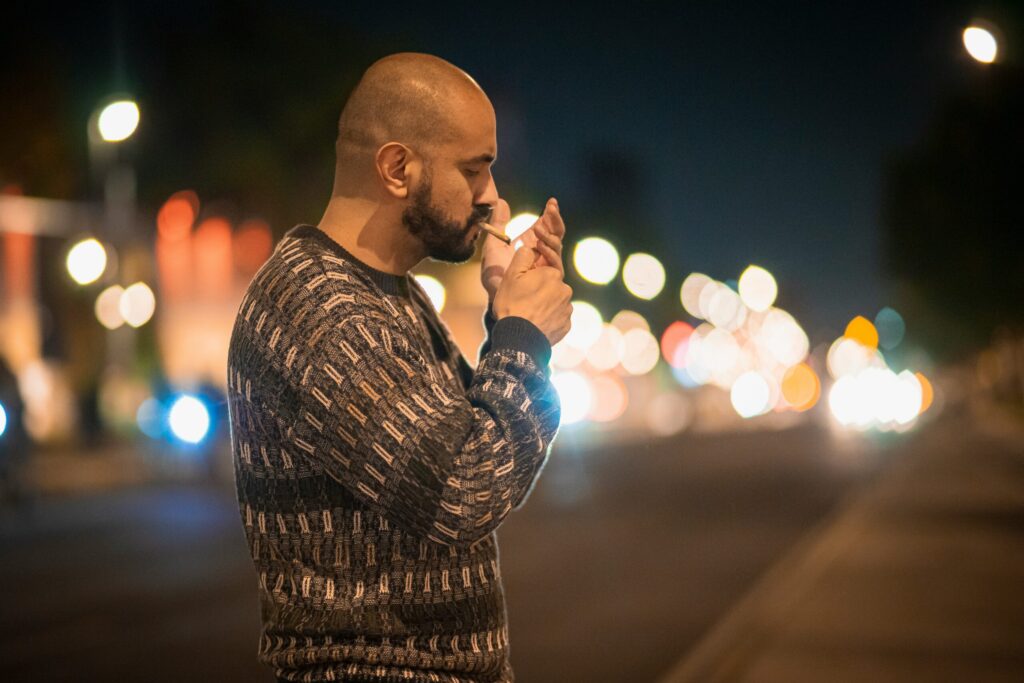To commemorate El Salvador’s national day in September, United States Secretary of State Marco Rubio said the two countries “had never been closer.”
With increased collaboration in security and a polished show of friendship on social media between Presidents Donald Tump and Nayib Bukele, it is tempting to agree.
Erik Ching, a professor of Salvadoran history at Furman University, described the current relationship between the U.S. and El Salvador as “very much a partnership.”
Security partnerships
This partnership has its roots in Bukele’s pledge to tackle Salvadoran gang violence and drug trafficking in the U.S. In March, Bukele offered to host hundreds of deportees from the U.S. in a Salvadoran mega prison for a fee.
In exchange, an investigation by The Washington Post revealed Rubio’s personal promise to Bukele to dismantle U.S.-mandated protection orders so Salvadoran “informants” with ties to MS-13 — a gang designated as a terrorist organization by the U.S. — could be deported to their home country, fulfilling Bukele’s own agenda.
Essential to these agreements is loyalty. For Ching, loyalty to the American agenda in the region generates and preserves the close relationship between the administrations.
‘Mano Dura’ in the past and present
Bukele’s offerings to Trump form part of his domestic security agenda. His government has successfully lowered the Salvadoran crime rate making the country, according to the Global Security Report, one of the safest in the world. To achieve this, Bukele embarked on a program of mass incarcerations. Just under 2% of the Salvadoran population is behind bars, one of the highest global rates. Human rights organizations have accused Bukele of blocking access to fair trials and weaponizing the judicial system and security forces.
But Bukele’s decisive actions have been welcomed by El Salvador’s American neighbors. Rubio described Bukele’s leadership as “crucial” to boosting security in the region.
This is not the first time the U.S. has supported a leader with a tendency for ‘mano dura’ politics in El Salvador.
In 1934, the U.S. formally recognized the dictatorship of General Maximiliano Hernández Martínez after a series of massacres that led to up to 40,000 deaths — the majority of which were rural peasants or members of the communist party.
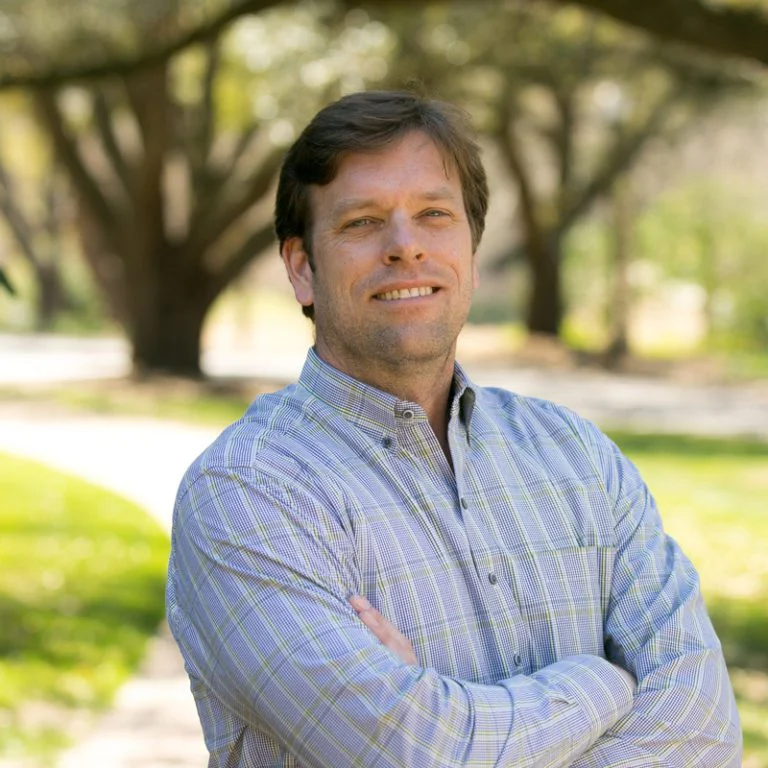
Ching told Latin America Reports the American administration “did not have a problem with Martínez and the government using massive force against insurrectionary peasants who could be identified as communists or who, in their own way, represented instability.”
Similarly, during the Cold War, Ching described El Salvador as the U.S.’s “line in the sand” — the country where the spread of communism had to be halted. To back this agenda, Ronald Reagan’s administration supported and trained paramilitary organizations in the country.
Ching believes that closeness between the U.S. and El Salvador has been characterized by hardline intervention in the name of stability — a trend that continues to drive the current relationship.
A relationship of equals?
Despite collaboration on security, El Faro, a Salvadoran investigative newspaper which was forced to move its offices to Costa Rica following security threats, has described Bukele’s relationship with Trump as a “dangerous illusion.”
For El Faro, Bukele has corrupted himself and his administration to please the U.S. The news outlet has accessed and published extensive records that show Bukele has negotiated favorable terms with leaders in MS-13, including cushy prison transfers, reduced sentences and a block on extraditions, to manufacture a drop in street violence.
In doing so, El Faro writes that Bukele has become a “subservient pawn” to Trump and his agenda. Their relationship is not one of equals; it is not a partnership, but a sacrifice of Salvadoran independence, due process and liberty.
Friendly neighbors
Even if some view Bukele as Trump’s pawn, the connections between El Salvador and the U.S. go beyond the political. In recent decades, the demographic connections between the two countries have grown rapidly. The Pew Research Center estimates that from 2000 to 2021, the Salvadoran-origin population in the U.S. grew by 250%. According to the Americas Society, remittances from the U.S. made up 23.5% of Salvadoran GDP in 2024, the third highest in Latin America. That year, $8.3 billion was transferred, the sixth largest sum in all of Latin America.
Ching says under the Martínez dictatorship and in the Cold War, the governments of El Salvador “wanted and needed the U.S. as a friendly hegemonic power,” but that the Americans and Salvadorans “felt no affinity for each other.”
As demographics evolve, this affinity is changing.
Paired with growing ties between populations, Ching believes the present closeness between the U.S. and El Salvador is driven by the relationship between its leaders and how they are perceived.
He says Salvadorans view Trump as a “helpful collaborator,” lifting Bukele, his policies and Salvadoran politics onto the world stage. Likewise, Trump supporters view Bukele as a “facilitator,” a Central American leader who understands Trump’s policy goals and is helping him achieve them.
Ching said the U.S. and El Salvador have always been close, but never has their relationship been so widely publicized as today.
Featured image: U.S. President Donald Trump hosts a bilateral meeting with President Nayib Bukele of El Salvador.
Image credit: Whitehouse.gov


